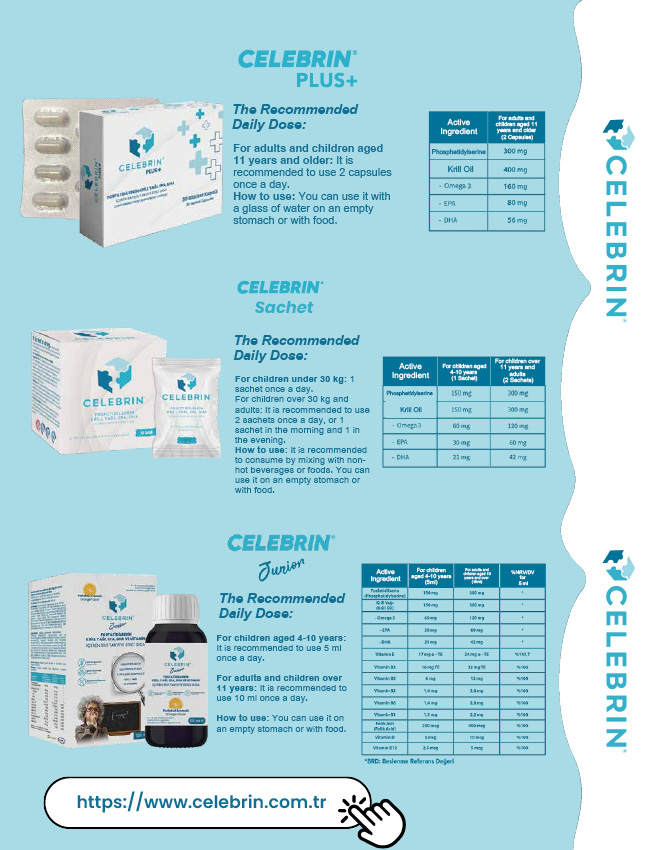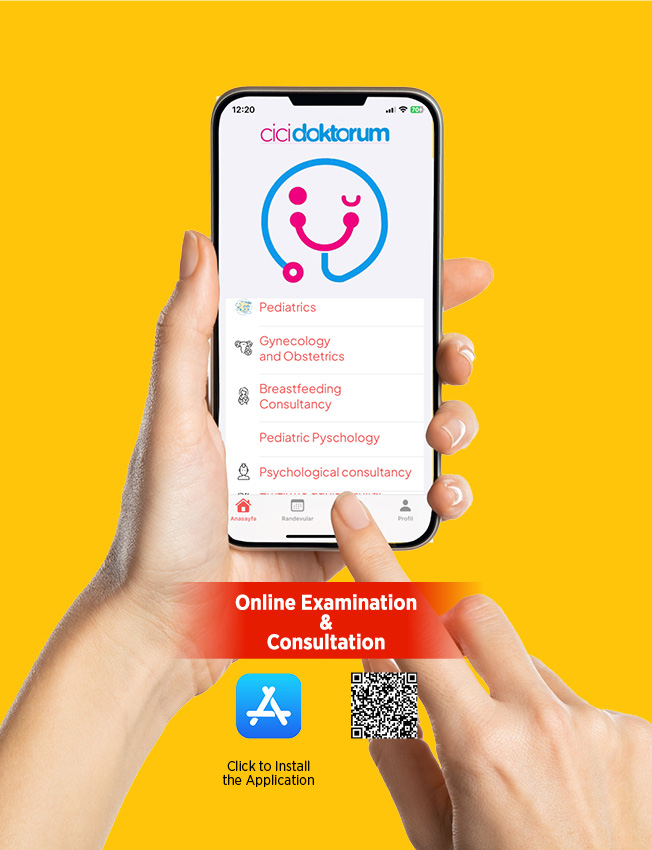Newborn Heel Blood Screening Saves Lives

The Newborn Screening Program (NTP) aims to detect and treat diseases that, if left untreated, can lead to intellectual disabilities and brain damage. In our country, consanguineous marriages are common, which makes certain genetic disorders more prevalent compared to other populations. Therefore, raising public awareness on this issue is of utmost importance.
Newborn screenings began in 1987, and over the years, many diseases have been added to the program. Currently, the following diseases are screened:
– Phenylketonuria
– Congenital Hypothyroidism
– Biotinidase Deficiency
– Cystic Fibrosis
– Congenital Adrenal Hyperplasia
– Spinal Muscular Atrophy (SMA)
The heel blood samples collected in health units across the provinces are sent to screening laboratories in Ankara and Istanbul, where biochemical and molecular genetic tests are performed to analyze the results. Suspicious cases are then referred to the appropriate clinics.
Scientific commissions have been established for each disease in the screening program, providing support for monitoring and evaluation efforts. Thanks to these screenings, about 4,500 children are protected from diseases that could have led to disabilities each year.
Two blood samples are collected from newborns: one before discharge from the hospital and the other within the first week of life. The collected heel blood is used for biochemical analysis of Phenylketonuria, Congenital Hypothyroidism, Biotinidase Deficiency, Cystic Fibrosis, and Congenital Adrenal Hyperplasia. For Spinal Muscular Atrophy (SMA) screening, molecular genetic methods are employed, specifically looking for mutations in the SMN1 and SMN2 genes.
What is Phenylketonuria?
Phenylketonuria is a hereditary metabolic disorder. Babies born with this condition cannot metabolize phenylalanine, an amino acid found in protein-rich foods. As a result, phenylalanine accumulates in the blood and other body fluids, damaging the developing brain and causing severe intellectual disabilities and other neurological symptoms.
What is Congenital Hypothyroidism?
Congenital hypothyroidism is a thyroid hormone deficiency that starts at birth. The thyroid gland, located at the front of the neck, is responsible for producing hormones necessary for growth and brain development. In hypothyroid babies, the thyroid may be underdeveloped or unable to produce enough hormones, negatively affecting growth and mental development.
What is Biotinidase Deficiency?
Biotinidase deficiency is a hereditary metabolic disorder. Babies born with this condition lack a necessary enzyme for processing biotin, leading to a build-up of acids in the body. Symptoms may include skin lesions around the eyes, mouth, and nose, as well as hair loss. If untreated, the accumulation of acids can cause respiratory problems, loss of consciousness, and even coma. Long-term effects may include permanent hearing and vision loss.
What is Cystic Fibrosis?
Cystic fibrosis is a hereditary disease that primarily affects the lungs and digestive system. Symptoms in newborns may include recurrent lung infections, poor digestion, and difficulty gaining weight. Early diagnosis through newborn screening allows for treatment with diet, medications, and physiotherapy, which can significantly improve quality of life, though there is no definitive cure.
What is Congenital Adrenal Hyperplasia?
Congenital adrenal hyperplasia (CAH) is a condition where the adrenal glands cannot produce enough cortisol (and sometimes aldosterone) hormones. These hormones are essential for managing stress and maintaining salt balance. Early diagnosis and treatment can prevent life-threatening complications, such as infections and dehydration.
What is Spinal Muscular Atrophy (SMA)?
Spinal Muscular Atrophy is a hereditary neuromuscular disease that causes progressive muscle weakness and loss. SMA Type I, the most common and severe form, typically leads to respiratory failure and death before age 2. Early diagnosis allows for new treatment options that can significantly improve the patient’s quality of life.
In addition to these diseases, if there is a history of consanguinity in the parents or a history of infant death, the baby may undergo the “Extended Screening Test,” which checks for approximately 20 more conditions.
In conclusion, newborn screening tests are routine procedures performed on every baby born. With a simple blood test, these screenings can detect genetic, hormonal, and metabolic conditions that could lead to serious health problems. Early detection through newborn screening programs can ensure the health and well-being of newborns.









